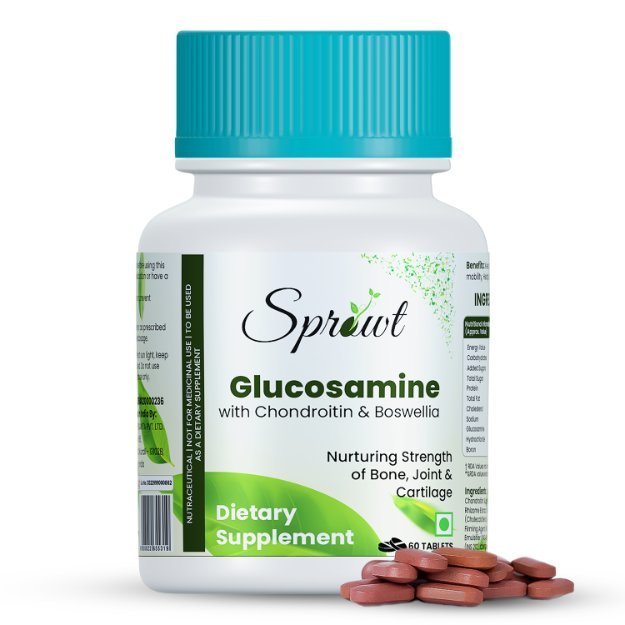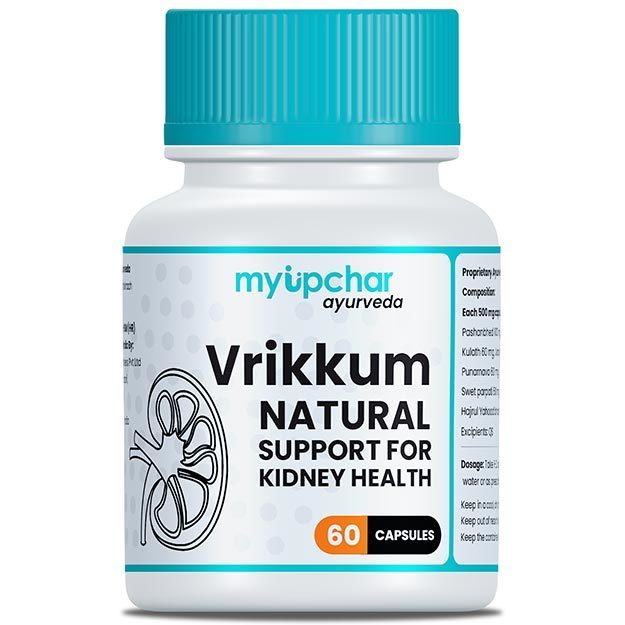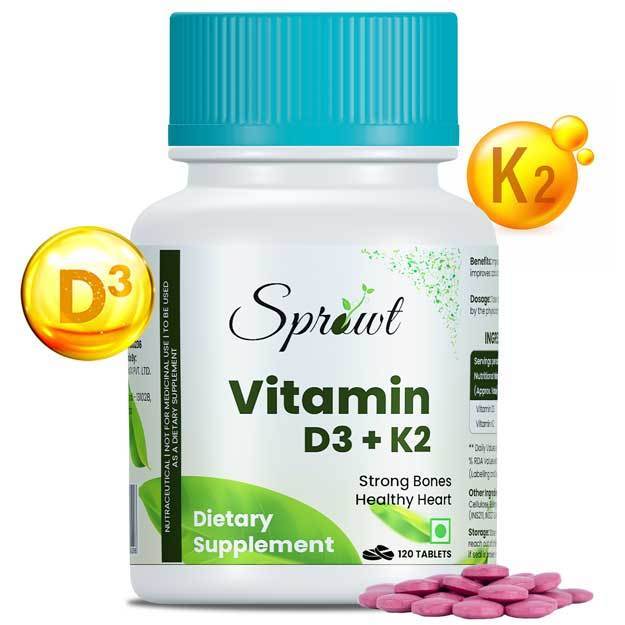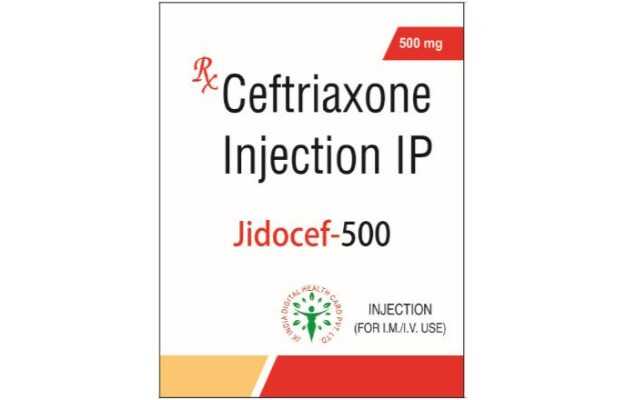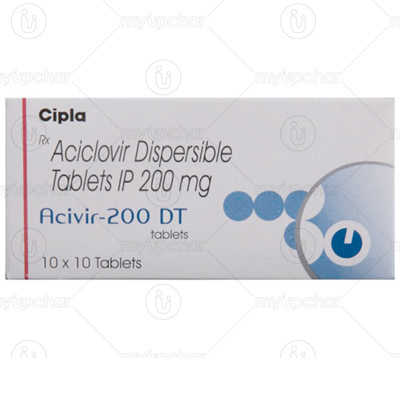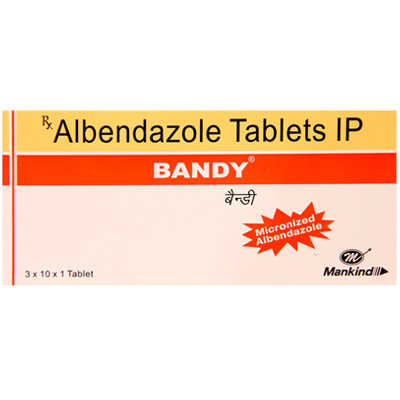Primegard 250 Mg/1000 Mg Injection is a prescription medicine that is available as a Injection. The alternative uses of Primegard 250 Mg/1000 Mg Injection have also been explained below.
The correct dosage of Primegard 250 Mg/1000 Mg Injection depends on the patient's age, gender, and medical history. Individual symptoms and route of administration also determines the right dosage. Refer to the dosage section for a detailed discussion.
Some other side effects of Primegard 250 Mg/1000 Mg Injection have been listed ahead. Normally, these side effects of Primegard 250 Mg/1000 Mg Injection are not long lasting and go away when the treatment is finished. If, however, they worsen or do not go away, please speak with your physician.
Primegard 250 Mg/1000 Mg Injection's effect during pregnancy is Safe and Mild while nursing. In addition, Primegard 250 Mg/1000 Mg Injection's effects on the liver, heart and kidney are discussed below in the Primegard 250 Mg/1000 Mg Injection related warnings section.
Primegard 250 Mg/1000 Mg Injection can cause adverse effects in certain medical conditions. It is strongly recommended to avoid Primegard 250 Mg/1000 Mg Injection in conditions like Dehydration, Parkinson's Disease, Hearing Loss. Other contraindications of Primegard 250 Mg/1000 Mg Injection have been discussed in the sections ahead.
Drug reaction of Primegard 250 Mg/1000 Mg Injection with other medicines has been reported. See below for a complete list.
Along with the above-mentioned precautions, remember that taking Primegard 250 Mg/1000 Mg Injection is considered not safe while driving, and is not addictive.
X









